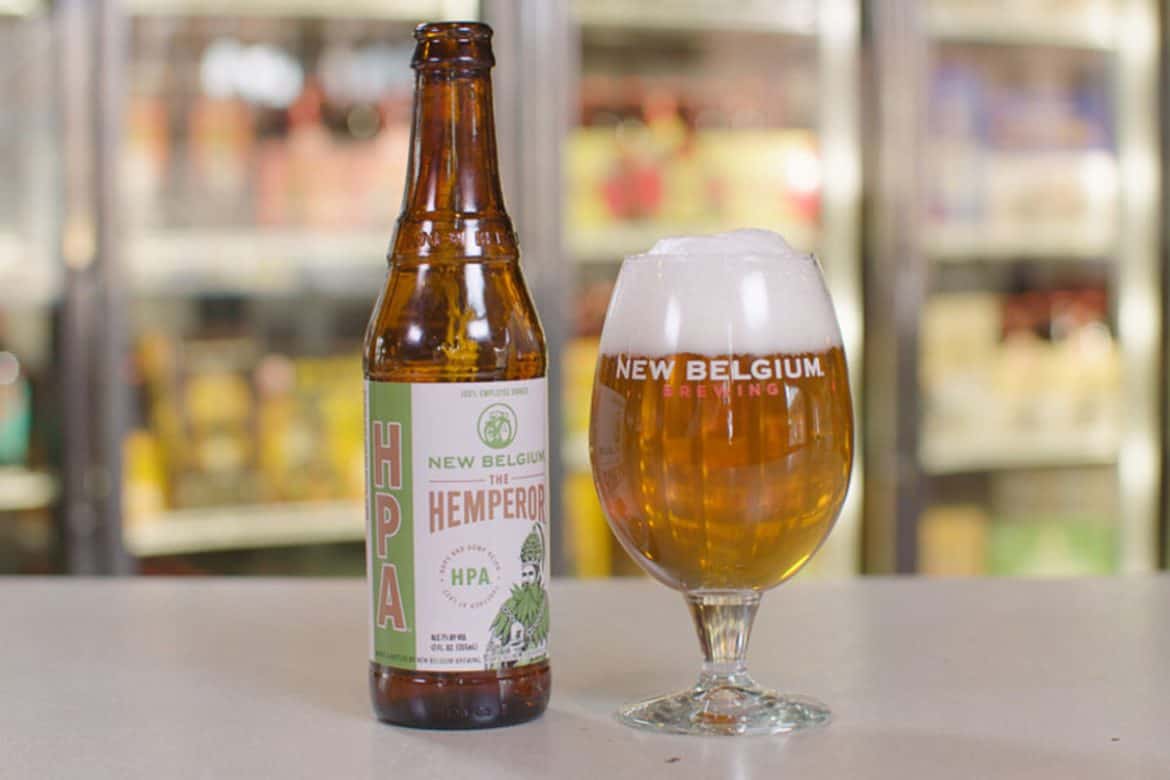New European study finds hemp-enriched beer offers antioxidant benefits and added vitamins—without altering taste or brewing performance.
A government-funded study from Europe has revealed that adding hemp seeds during beer brewing doesn’t just tweak the flavor—it could actually make the drink healthier.
Researchers from universities in Poland and Slovakia tested various combinations of malted and unmalted Cannabis sativa seeds in the brewing process, finding the resulting beer had increased nutritional value. Key findings include higher levels of riboflavin (vitamin B2), beneficial polyphenols, and even trace cannabinoids—though none at psychoactive levels.
“We’re seeing a fusion of traditional brewing methods with the functional food trend,” said the study’s authors. “Hemp seeds add antioxidants, essential amino acids, and vitamins without compromising beer quality.”
Published in the journal Molecules, the study involved brewing test batches using up to 30% hemp seeds. The final product not only retained standard beer characteristics but also gained a unique sensory profile thanks to the plant’s close botanical relationship to hops.
Nutritional Gains, Not a High
Despite hemp’s association with cannabis, the seeds themselves don’t naturally produce high levels of THC, the compound responsible for marijuana’s psychoactive effects. Any cannabinoids found in the seeds result from minimal external contamination during harvesting. The beer, therefore, doesn’t get you high—but it may help fight inflammation.
Among the health-enhancing compounds found were trans-ferulic and gallic acids, known for their antioxidant and anti-inflammatory properties. The researchers also observed an uptick in B-group vitamins, particularly riboflavin, which boosts yeast metabolism during fermentation and benefits the drinker’s diet.
An Untapped Frontier in Brewing
The idea of hemp beer isn’t entirely new, but until now, scientific research on its nutritional potential was sparse. The study highlights the crop’s promising role in food innovation, noting that hemp seeds contain high-quality proteins, unsaturated fatty acids, and fermentable sugars—all while being underutilized in fermentation science.
However, there are challenges ahead. The researchers pointed out that hemp’s sugar composition—mainly glucose and xylose—can’t be fully fermented with standard beer yeast. They also stressed the need for cost-effective processing methods to make hemp beer viable on a commercial scale.
“Despite the booming hemp market, using it in beer remains a technological challenge,” the team noted.
The Rise of Cannabis-Inspired Drinks
The findings come as a cultural shift unfolds in drinking habits, especially among younger generations. A recent survey in the U.S. found that nearly one-third of millennials and Gen Z professionals are choosing cannabis-infused drinks over traditional alcohol during social events like happy hours.
While the study focused on hemp seeds, not THC-infused drinks, it underscores a broader trend: the blending of health-conscious choices with familiar pleasures like beer. In the near future, your pint could come with a nutritional boost—courtesy of cannabis.
Hemp Beer and the Expanding Cannabis Economy
The study’s insights also align with broader developments in the cannabis sector. As consumer preferences shift and the functional beverage market expands, hemp beer could emerge as a niche within the legal cannabis boom. According to our recent report on North America’s legal cannabis market, the industry is projected to see sustained growth through 2034, driven by innovation and changing public attitudes. Meanwhile, ongoing debates about cannabis legalization continue to impact traditional alcohol sales, as seen in this comparison with Jack Daniel’s. Yet, financial hurdles remain for cannabis entrepreneurs, with figures like Erin Gore highlighting persistent challenges in funding and investment. The development of products like hemp-infused beer illustrates how cannabis continues to reshape consumer markets across multiple sectors.

